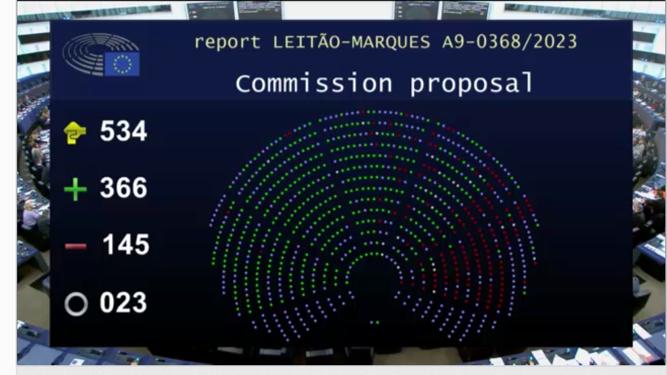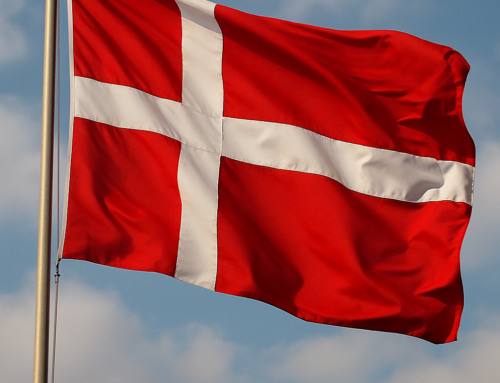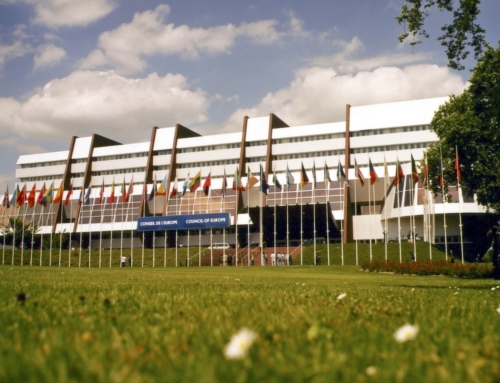The European Certificate of Parenthood represents an open door to human trafficking
Strasbourg, the 14th of December 2023
With 366 votes in favour and 145 against, the European Parliament approved today its opinion on a European Certificate of Parenthood. The Council, composed by Member States, is not bound to follow this advice. FAFCE President, Vincenzo Bassi, underlines that “Member States should not follow the advice of the European Parliament. The latter – with today’s vote – clearly goes against the principle of subsidiarity, ignoring the exclusive competence of Member States and its own explicit condemnation of the practice of surrogacy”. The European Parliament, in fact, condemned this practice several times, including last year, in its resolution on The impact of the war against Ukraine on women.
In this proposal, the European Parliament plans to limit the possibility for EU Member States to refuse to recognise parenthood established in another Country on the basis of public order concerns. The draft regulation would enable parenthood as established in a EU Member State to be recognised throughout the EU, including in situations such as surrogacy. With the draft regulation voted on today, the European Parliament plans to limit the possibility for EU Member States to refuse to recognise parentage established in another country on grounds of public policy. The draft regulation would thus make it possible to recognise parentage established in an EU Member State throughout the EU, including in situations such as surrogacy.
Angelika Weichsel Mitterrutzner, FAFCE Vice-President, declared that “Today, the majority of the Members of the European Parliament (MEPs) renounced to take a stand in favour of human dignity and used cross-border parenthood for ideological purposes, against the principle of subsidiarity”. The principle of subsidiarity is a founding principle of the European Union, which governs the exercise of the respective competences of the EU and its Member States, also ensuring that “powers are exercised as close to the citizen as possible, in accordance with the proximity principle referred to in Article 10(3) of the Treaty of the EU”.
Yesterday, during the debate, several MEPs highlighted the importance to respect the subsidiarity principle and to leave family law matters to the national competence. Further on, several MEPs raised concerns on the indirect recognition of surrogacy through this report and stressed that surrogacy is a violation of the dignity of women and children.
In fact, this legislative initiative includes the automatic cross-border recognition of ‘parenthood’, a wording that goes beyond national established categories of ‘filiation’, and which lead to automatically extend the legal effects of the filiation to all types of ‘parenthood’ legally acquired in one Member State, including through surrogacy, in all EU Member-States uniformly.
As underlined by the its Board last October, FAFCE is particularly concerned by the de facto recognition of the practice of surrogacy. Not only does the practice of surrogacy violate the fundamental rights and bodily and mental integrity of women, but also the rights of the child, leaving an open door to human trafficking.
This vote has no binding force on Member States, which can adopt the regulation by unanimity only, at the Council. FAFCE calls Member States to reject this proposal: “We will continue to remind everybody the common sense: motherhood and children are not commodities, but a gift, source of the future of our humanity”, Vincenzo Bassi concludes.









